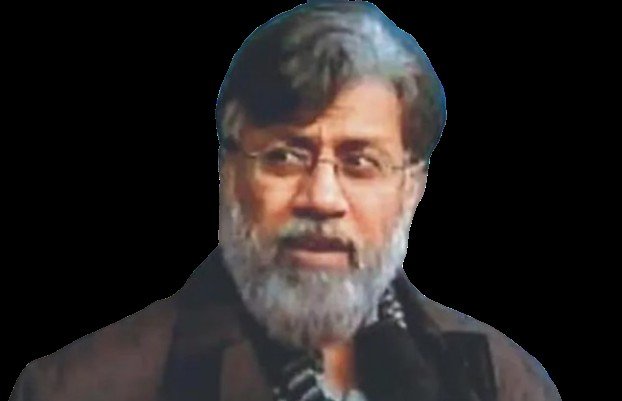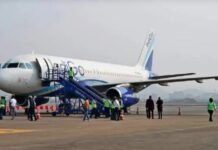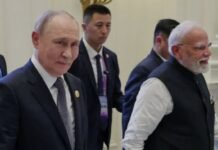In a dramatic and potentially game-changing development regarding the horrific 2008 Mumbai terror attacks, Pakistani-Canadian terrorist Tahawwur Rana, recently extradited to India from the United States, has allegedly delivered an explosive confession during his initial interrogation by the Mumbai Police Crime Branch. According to reports, Rana has not only admitted to his crucial role as a key conspirator in the meticulously planned and devastating attacks but has gone a step further, disclosing what could be deemed direct involvement of the Pakistani military in the planning and execution of the massacre. This revelation, if substantiated through further investigation and legal proceedings, carries profound geopolitical implications and could significantly escalate international pressure on Pakistan.
Rana, a former physician who previously served in the Pakistan Army, reportedly told interrogators that he was a “trusted figure” within the Pakistani military establishment and was even dispatched on a secret mission to Saudi Arabia during the Gulf War, highlighting his deep connections within the state apparatus. This level of alleged complicity from a former military officer, now admitting to involvement in a major international terrorist attack, casts a long shadow over Pakistan’s long-standing denials of state-sponsored terrorism. His confession is said to further elaborate on the operational mechanics, claiming that his long-time associate, David Coleman Headley, who was instrumental in scouting targets for the 26/11 attacks, underwent multiple stages of training under the Lashkar-e-Taiba (LeT). More chillingly, Rana reportedly divulged that Headley had described LeT as functioning primarily as a “spy network” rather than solely a religious outfit, suggesting a more sophisticated and covert operational structure than previously acknowledged.
The gravity of Rana’s purported confession cannot be overstated. It moves beyond simply confirming the involvement of non-state actors and points to a potential nexus with state elements, which India has consistently alleged since the attacks. The information emerging from his interrogation is likely to intensify international scrutiny on Pakistan’s counter-terrorism efforts and its alleged ties to extremist groups. For India, this confession represents a significant breakthrough in its protracted pursuit of justice for the 26/11 victims and could serve as critical evidence in strengthening its diplomatic and legal arguments on global forums. The coming weeks will undoubtedly see intelligence agencies from various nations, particularly India and the United States, meticulously dissecting Rana’s statements for actionable intelligence and to build a more comprehensive picture of the conspiracy that shook Mumbai and the world.




